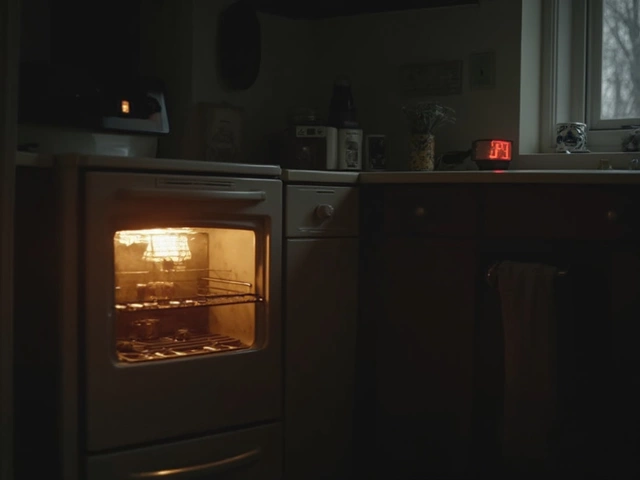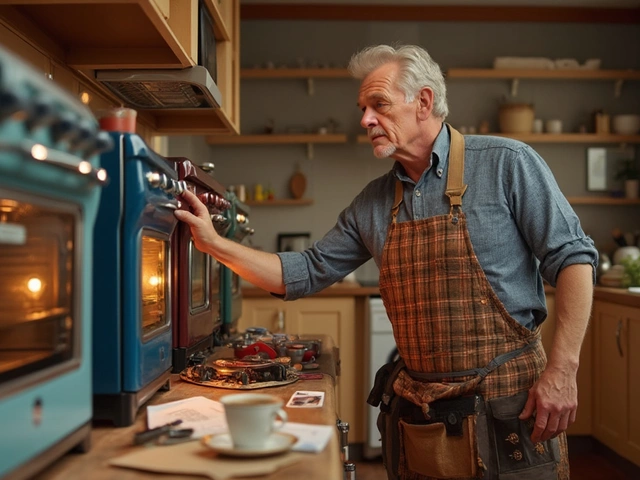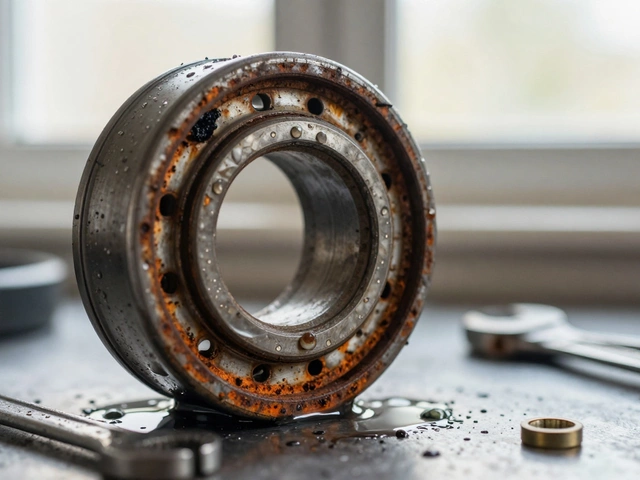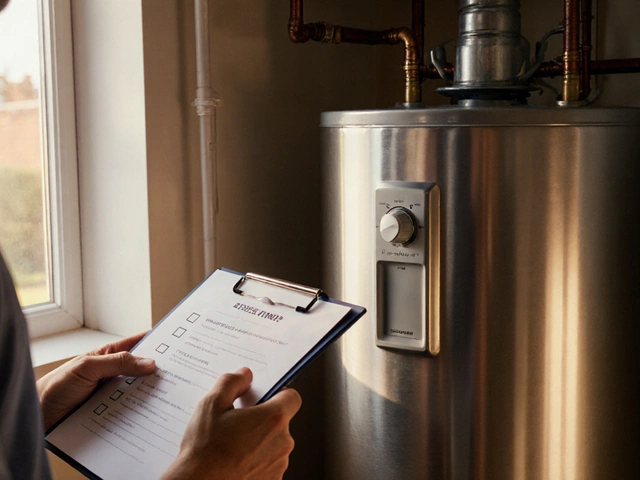Is It Bad to Leave an Electric Oven On All Night?
March 19 202515‑Year‑Old Boiler: What to Do Next?
If your boiler has been heating your home for 15 years, you’re probably asking whether it’s still worth keeping. The answer depends on a few simple things: how often it breaks, the cost of fixes, and how efficient it is compared to newer models. Let’s break it down so you can make a clear decision without guessing.
How long should a boiler last?
Most gas boilers are built to run 10‑15 years if you service them regularly. After that, parts start wearing out, and the system loses efficiency. A 15‑year‑old unit may still work, but you’ll notice higher energy bills, more noise, and a greater chance of sudden breakdowns.
Key signs that a boiler is reaching the end of its life include:
- Repeated leaks or rust spots on the pipework.
- Boiler taking longer to heat water or rooms.
- Unusual noises like banging or whistling.
- Frequent emergency call‑outs.
- The thermostat or controls not responding correctly.
If you see two or more of these, it’s time to think about replacing.
Repair vs. replace for a 15‑year‑old boiler
Repairing a small fault—like a faulty pump or a stuck valve—can be cheap and get the boiler running for another couple of years. A typical repair costs between £100‑£300. But if the issue is big, like a cracked heat exchanger or a failing gas valve, you could be looking at £600‑£1,200 in parts and labour.Compare that with a new, energy‑efficient boiler. Modern models use about 20‑30% less gas, which can shave £200‑£400 off your annual heating bill. A brand‑new boiler installed by a qualified engineer usually costs £2,000‑£3,500, but many gas‑safe companies offer financing or discounts on old‑boiler removal.
Here’s a quick rule of thumb: if the repair cost is more than half the price of a new boiler, replace it. It saves you money in the long run and gives you peace of mind.
Don’t forget safety. Older boilers can develop carbon‑monoxide leaks if the heat exchanger cracks. A faulty boiler is a hidden hazard, especially in homes with children or elderly residents. An annual gas safety check is a must—if the engineer flags serious concerns, replace now.
To keep a 15‑year‑old boiler running a bit longer, follow these simple steps:
- Schedule a full service every year—clean the burners, check the pressure, and flush the system.
- Bleed radiators regularly to improve heat distribution.
- Make sure the thermostat is calibrated correctly.
- Install a pressure‑reducing valve if you see frequent pressure spikes.
These chores cost little and can delay a major failure.
Bottom line: a 15‑year‑old boiler can still work, but only if it’s well‑maintained and you’re not constantly paying for fixes. Look at the repair cost, energy waste, and safety risks. If the numbers tip toward a new unit, go for it—your wallet and your home will thank you.
 31 Jul
31 Jul
Should You Replace a 15-Year-Old Boiler? Essential Advice for Homeowners
Wondering if replacing a 15-year-old boiler is worth it? This guide covers the costs, efficiency, and whether a new model is the smarter choice for your home.
Read More...



